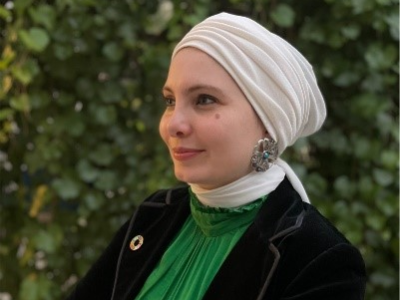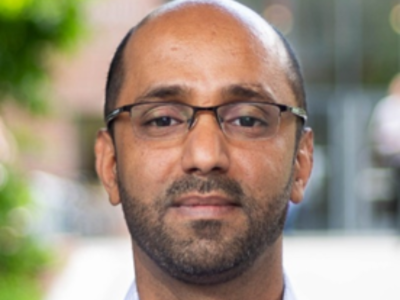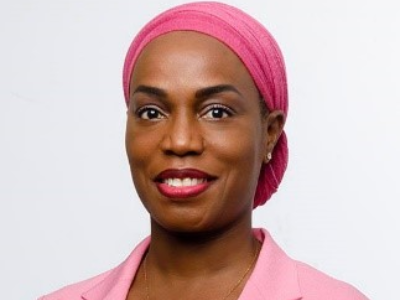To achieve inclusive agrifood systems transformation, we need a particular focus on marginalized groups, such as smallholders, women, youth, and refugees. While smallholders cultivate most farms in many countries, their farm investments are often overlooked and further undermined by lack of access to inputs, resources, and markets for profitable production. Young people face multiple challenges to fully participate in food systems, including a lack of employment opportunities and limited access to resources such as land for agricultural production or financial capital for on-farm investments and nonfarm enterprises. Women make significant contributions to food systems, but heavy workloads and limited decision-making power and control over resources often leave them unable to make strategic decisions and investment choices for themselves and their families. Refugees and people affected by conflict are especially dependent on agriculture but face significant challenges to integration into local food systems within their host communities.
Session themes:
- The need to invest in inclusive food systems to ensure that marginalized and vulnerable people enjoy the benefits and opportunities.
- Creating an enabling environment for investments that strengthen the integration of marginalized populations into food supply chains, creating more and better jobs, and providing smallholders with greater market access.






